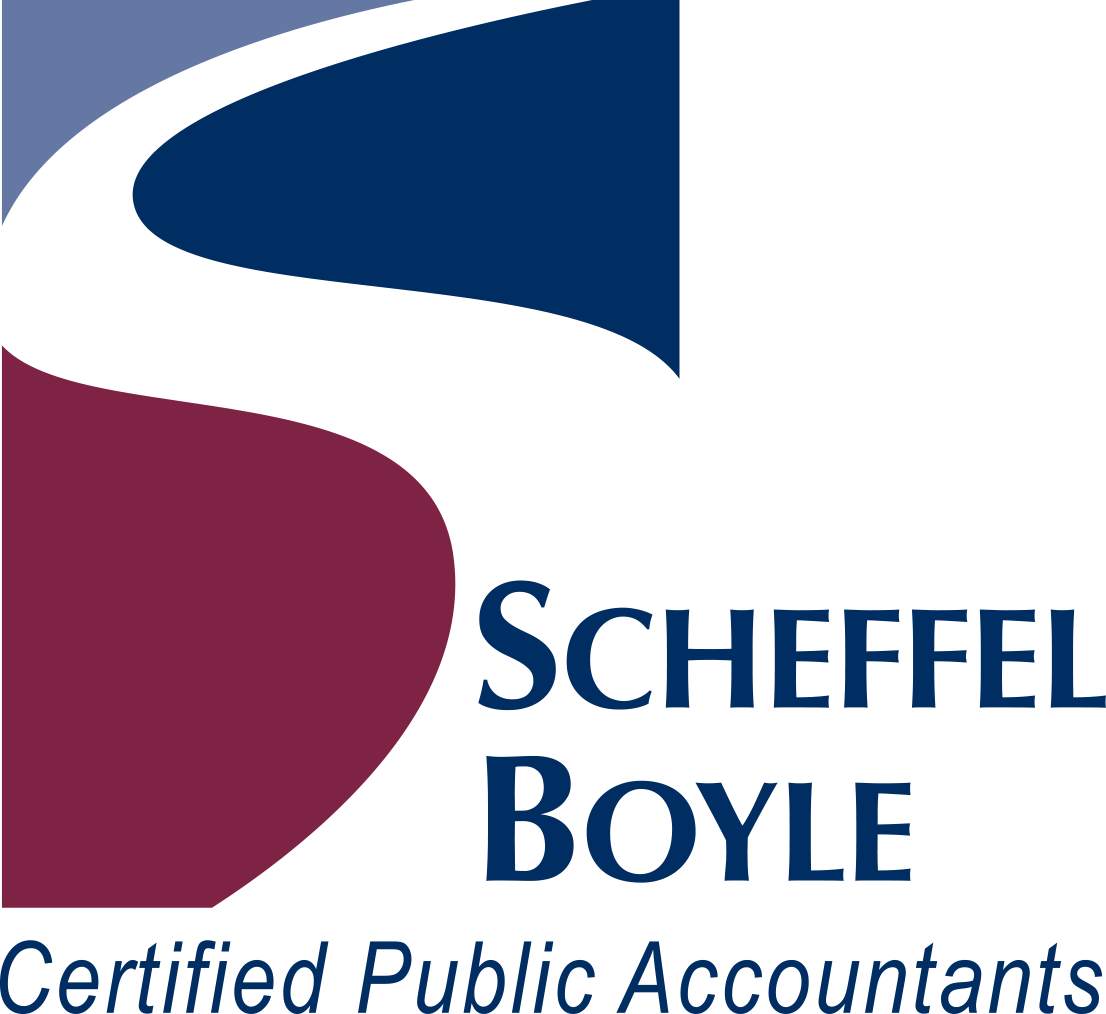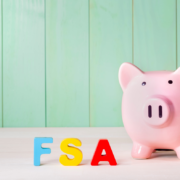IRS Increases Flexibility for Code Section 125 Cafeteria Plans Due to COVID-19
To assist with the U.S. response to the 2019 novel coronavirus (COVID-19), the IRS has released two notices providing greater flexibility for employers who maintain Internal Revenue Code Section 125 cafeteria plans for their eligible employees. Notice 2020-29 relaxes the rules regarding mid-year election changes during calendar year 2020 for employer-sponsored health plan coverage, health Flexible Spending Arrangements (FSAs), and dependent care assistance programs (DCAPs). It also allows a special grace period to apply unused amounts in health FSAs and DCAPs to expenses incurred through December 31, 2020.
In addition, Notice 2020-33 permanently increases the carryover limit of unused amounts remaining as of the end of a plan year in a health FSA that may be carried over to pay or reimburse a participant for medical care expenses incurred during the following plan year, from $500 to $550 (20% of the deferral amount). That notice also clarifies that a health plan can reimburse individual health insurance policy premium expenses incurred before the beginning of the plan year for coverage provided during the plan year (which will help implement individual coverage health reimbursement arrangements (HRAs)).
Background
Due to the COVID-19 pandemic, the amount of pre-tax salary deferrals elected by many employees into their Section 125 cafeteria plans have not matched their needs. Perhaps the most obvious are amounts set aside for dependent care for parents to work or attend school. With most U.S. schools and day care centers closed since mid-March and likely to remain closed for months, many employees are not paying qualifying child care expenses and therefore will not incur the expenses that were projected when they made their elections. Similarly, employees who had to postpone scheduled medical procedures might have contributed more to their health FSAs than they can spend. Any employee whose expenses are going to be less than their salary reduction election may wish to reduce future reductions. Others who are furloughed or working reduced hours might need to make a less expensive election for their health plan coverage. On the other hand, employees who contract the COVID-19 virus will have extraordinary expenses and might need increased benefits.
Yet, strict rules under Section 125 require participants to make cafeteria plan salary deferral elections before the start of the plan year and prohibit mid-year changes, except in very narrow circumstances.
Health FSAs and DCAPs also impose a “use it or lose it” rule, where employees generally forfeit unused amounts after the plan year ends. Some health FSAs give employees a grace period (which cannot be later than 2 ½ months after the end of the plan year) during which they may use amounts deferred in the prior year or allow a carryover of up to $500 (but plans generally cannot allow both the grace period and the carryover).
Insight:
The IRS created the carryover and grace period concepts to soften the impact of a general prohibition against a Section 125 plan deferring compensation across tax years (i.e., the “use it or lose it” rule).
Notice 2020-29
Special 2020 Mid-Year Changes. To provide greater flexibility in response to the public health emergency posed by COVID-19, Notice 2020-29 provides that employers may (but are not required to) permit employees who are eligible to make salary reduction contributions under the plan to take any of the following actions as a mid-year election made during calendar year 2020.
Employer-sponsored health coverage
- Make a new election on a prospective basis, if the employee initially declined to elect employer-sponsored health coverage.
- Revoke an existing election and make a new election to enroll in different health coverage sponsored by the same employer on a prospective basis.
- Revoke an existing election on a prospective basis, provided that the employee attests in writing that the employee is enrolled, or will immediately enroll, in other health coverage not sponsored by the employer.
Health FSAs
- Revoke an election.
- Make a new election.
- Decrease or increase an existing election on a prospective basis.
Dependent Care
- Revoke an election.
- Make a new election.
- Decrease or increase an existing election on a prospective basis.
Insights:
- The amendment to make mid-year election changes will be effective only to changes made during 2020 as a temporary tool that allows employees to respond to changes in their personal needs. However, there is no requirement in Notice 2020-29 that an individual must be adversely affected by COVID-19 to be eligible to make an election change.
- Under Section 125(i), the maximum amount an employee could contribute to a health FSA was $2,700 for 2019 and $2,750 for 2020.
- Section 3702 of the CARES Act (which became law on March 27, 2020) expanded health FSAs to include over-the-counter (non-prescription) medications as well as menstrual supplies.
Extended Claims Period. For unused amounts remaining in a health FSA or DCAP as of the end of the plan’s allowable grace period (i.e., up to 2 ½ months after the end of the plan year) or plan year ending in 2020 (including plans that allow for a carryover of unused amounts), the plan may permit employees to apply those unused amounts to pay or reimburse medical or dependent care expenses, respectively, incurred through December 31, 2020.
Insights:
- As an example, for a plan year that ended on December 31, 2019, but had a grace period that ended on March 15, 2020, instead of forfeiting unused amounts on March 16, 2020, the plan may permit participants to apply those amounts to expenses incurred through December 31, 2020. Accordingly, employers may need to coordinate with their flex plan and payroll providers to reverse any forfeitures that have already been made.
- The extended claims period may help employees who had to postpone elective medical, dental or vision procedures.
Retroactive Relief for High Deductible Health Plans (HDHPs). Notice 2020-29 allows the previously announced temporary relief for HDHPs to be applied retroactively to January 1, 2020 (i.e., with respect to HDHPs covering expenses related to COVID-19 and giving HDHPs a temporary exemption for telehealth services).
Notice 2020-33
Increased Health FSA Carryover Amount. In Notice 2020-33, the IRS increased the maximum unused amount from a health FSA plan year starting in 2020 that is allowed to be carried over to the immediately following plan year beginning in 2021, so that it is 20% of the maximum deferral amount. For 2020, this means an increase from $500 to $550.
Insights:
- The maximum carryover ($500 for 2019 and $550 for 2020) does not count against the annual health FSA salary deferral limit ($2,700 for 2019; $2,750 for 2020).
- An employer may specify in its plan document a lower amount for the health FSA carryover or may decide to not permit any carryover at all.
- Carryover amounts can be used to pay or reimburse a participant for medical care expenses incurred during the following plan year. For example, amounts deferred under a health FSA in 2020 can be carried over to pay expenses
Health FSAs that use the IRS’s maximum carryover amount generally would need to be amended by the end of the 2021 plan year to reflect the increased carryover amount for plan years that begin in 2021. However, Notice 2020-33 also allows plans to be amended for the 2020 plan year. Such amendments may be retroactively effective to January 1, 2020, provided that the employer informs all individuals eligible to participate in the plan of the changes.
Individual coverage Health Reimbursement Arrangements (HRAs). Notice 2020-33 also clarifies that a health plan can reimburse individual insurance policy premiums incurred before the beginning of the plan year for coverage provided during the plan year (which will help implement individual coverage HRAs).
Action Items for Employers
- Determine which provisions of Notices 2020-29 and 2020-33 will be allowed.
- Contact your Section 125 cafeteria plan administrator to coordinate:
- The process to handle the increased volume of mid-year employee election changes.
- The impact of the retroactive adoption date on previously forfeited amounts and employee contributions that need to be refunded as employees retroactively decrease a pre-tax deduction amount.
- The process to draft and distribute employee notices of the plan changes and their ability to make mid-year election changes.
- Notify employees of the specific elections they can change and how to do so, as well as whether they will have additional time to use plan balances at year end.
- Set up a reminder to make sure the written plan amendment is executed by December 31, 2021.
Our team continues to monitor the programs and changes surrounding COVID-19. Please contact us with any questions. We are always here to help.



